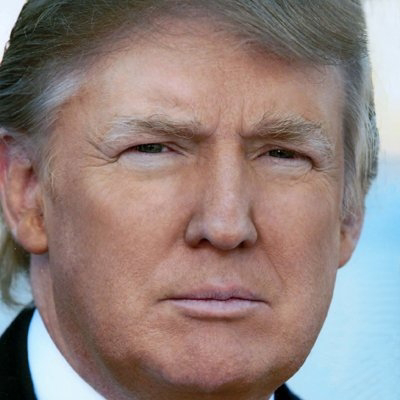Countries where Twitter / 𝕏 banned:
Iran banned Twitter primarily due to concerns about its role in organizing and mobilizing political protests and dissent. The Iranian government has historically been wary of social media platforms because they can facilitate the rapid spread of information and mobilize opposition movements. By restricting access to Twitter, the government aims to control the flow of information and limit the organization of protests or criticism against its policies.
Myanmar banned Twitter following the military coup in February 2021. The military government, which took control after ousting the democratically elected government, sought to suppress dissent and limit the spread of information that could fuel protests or resistance. Twitter, being a platform used to organize protests and share information, was targeted to prevent the rapid dissemination of news and coordination among anti-coup activists. The ban was part of a broader crackdown on social media and communication channels to control the narrative and restrict opposition.
Russia banned Twitter in March 2022 in response to what the government perceived as the platform's role in spreading misinformation and encouraging dissent against its actions, particularly concerning the invasion of Ukraine. The Russian government has been increasingly restrictive with social media platforms, citing reasons such as the need to combat "false information" and maintain national security. The ban is part of a broader effort to control the flow of information and limit the influence of foreign media.
North Korea has banned Twitter, along with most other foreign social media platforms, to maintain strict control over information and limit exposure to outside influences. The North Korean government tightly regulates the flow of information to its citizens to ensure that only state-approved content is accessible. This helps the regime control public perception and prevent the spread of information that could challenge its authority or expose citizens to external ideas and perspectives.
Turkmenistan banned Twitter, along with other social media platforms, to control and restrict information flow within the country. The government of Turkmenistan exercises tight control over media and communication channels to prevent dissent and limit exposure to external viewpoints. By banning platforms like Twitter, the government aims to reduce the potential for organizing opposition and spreading information that could challenge its authority.
Egypt has not officially banned Twitter, but the government has implemented various measures to control and monitor its use. In the past, there have been periods of heightened censorship, particularly during times of political unrest or protests. The Egyptian government has sometimes restricted access to social media platforms or imposed regulations to monitor online activities as part of its efforts to manage public dissent and maintain stability.
Nigeria briefly banned Twitter in June 2021 after the platform removed a tweet from President Muhammadu Buhari that was deemed to incite violence. The Nigerian government cited concerns over the spread of misinformation and the platform's role in organizing unrest. The ban lasted for about seven months, during which the government engaged in negotiations with Twitter. It was lifted in January 2022 after Twitter agreed to comply with certain regulatory requirements.
Pakistan has imposed temporary bans on Twitter and other social media platforms on several occasions, usually in response to political or security concerns. For example, bans have been implemented during times of political protests, demonstrations, or when the government sought to prevent the spread of content deemed inflammatory or harmful. These actions are part of broader efforts to control the flow of information and maintain public order.
Tanzania has not enacted a specific ban on Twitter, but it has implemented regulations that affect the use of social media. In 2018, Tanzania introduced a Social Media and Online Content Regulation, which required social media platforms and online content creators to register with the government and comply with certain content regulations. The government has used these regulations to monitor and control online speech, often targeting content that is critical of the government or considered inflammatory.
The UAE has not banned Twitter but has implemented strict regulations governing its use. The government monitors social media activity and enforces laws that criminalize certain online content, including posts deemed offensive to the government, religion, or public morality. These regulations are part of broader efforts to control online discourse and maintain public order in the country.
Uganda has imposed restrictions on Twitter and other social media platforms during periods of political tension and elections. For example, in January 2021, Uganda temporarily shut down social media access ahead of the presidential election, citing concerns about the potential for election-related unrest and misinformation. The Ugandan government has used such measures to control the flow of information and manage public discourse during sensitive times.
Turkey has imposed temporary bans and restrictions on Twitter and other social media platforms during periods of political unrest or following controversial events. The government has cited reasons such as preventing the spread of misinformation, maintaining public order, or responding to security threats. Additionally, Turkey has enacted laws that require social media platforms to comply with government demands for content removal and user data, which has further increased government control over online discourse.




Comments